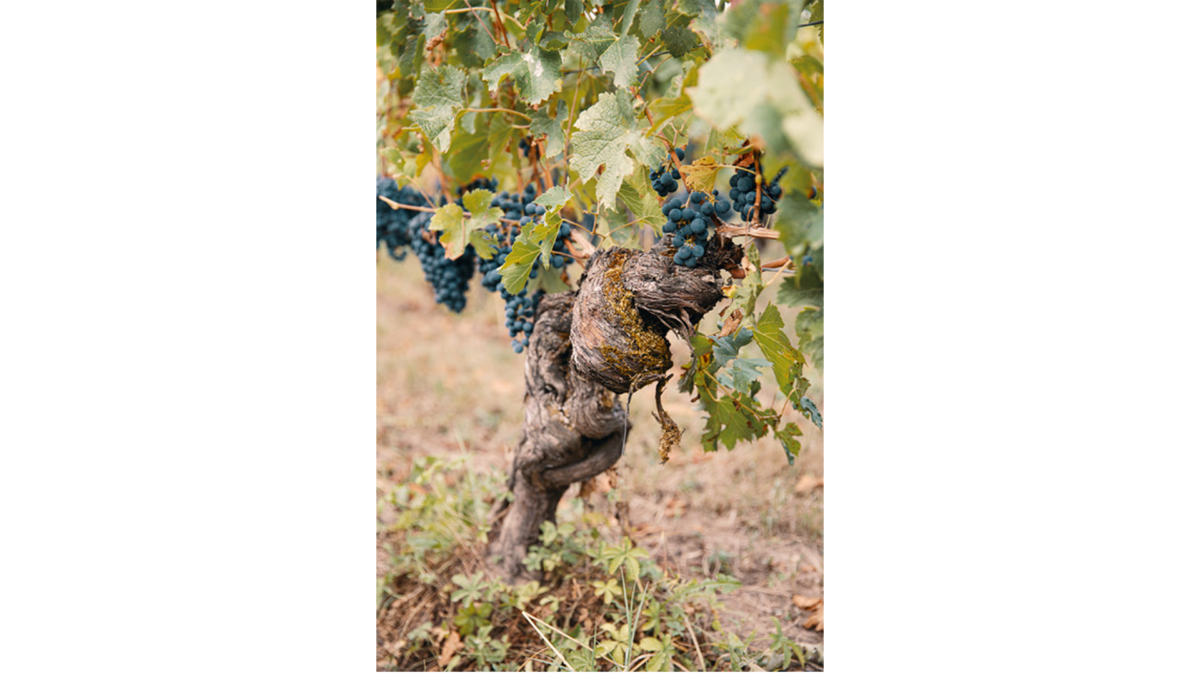Why you should be Drinking Organic Wine

Organic wine is made from grapes that are grown without the use of synthetic chemical fertilizers, herbicides, and pesticides. The grapes must come from certified organic vineyards and be processed with limited/minimal sulphites to qualify as organic wine. Organic wines also tend to be lower in sugar content than conventional wines because they are not supplemented with added sugars.
Organic wine is becoming increasingly popular because of its health benefits as well as its environmental sustainability. Organic wines are generally thought to be lower in sulphites than conventionally made wines, and therefore are easier for those who are sensitive to sulphites. The production process also reduces the number of pollutants in the air, water, and soil.
Organic wine is also grown more gently, which results in better-quality wine that is richer in flavour.
The organic certification process of organic wines helps to ensure that they are made with the highest standards of quality and sustainability. By purchasing organic wines, you can rest assured knowing that you are supporting farmers who take environmental responsibility and produce a healthier, more natural product. So, if you’re looking for an environmentally friendly choice in wine, organic wines are the way to go. Cheers!
What is the French winemaking process of making organic wine, and what is meant by organically grown grapes and organic farming practices?
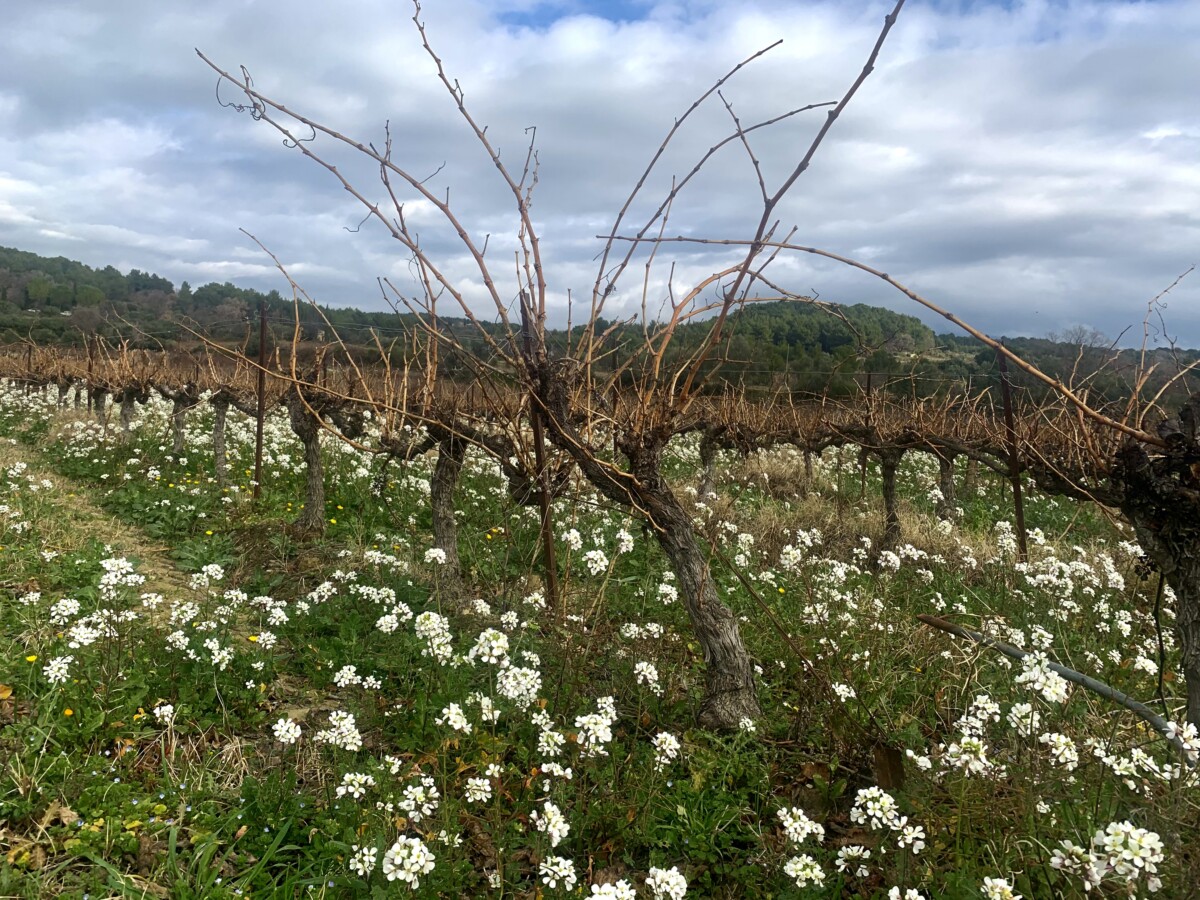
The French winemaking process for making organic wine involves the production of wines from grapes grown with organic farming practices.
Organic farming is an agricultural practice that uses natural methods to promote healthier soils, reduce environmental impact and encourage biodiversity
conservation. To be certified as organic in France, a vineyard must follow specific regulations set by the Ministry of Agriculture. These regulations include avoiding the use of any artificial fertilizers, herbicides or other synthetic substances. Additionally, organic winemakers must ensure that their vineyards are managed in a sustainable way, to minimize their environmental impact and preserve local ecosystems.
Organically grown grapes refer to grapes produced without the use of chemical fertilizers or pesticides. Additionally, organic winemakers must adhere to the highest standards of quality and sustainability. This includes, for example, avoiding the use of genetically modified organisms in vineyards or any other practices that could adversely affect local wildlife and ecosystems. The goal of organic farming is to produce quality wines while minimizing the environmental impact on the land.
Organic winemakers strive to make wines that are of the highest possible quality, by strictly adhering to sustainable and environmentally conscious farming practices. They also work hard to ensure that their wines have a minimal impact on local ecosystems, while still providing consumers with delicious, natural and healthy wines. Choosing organic wine is a great way to support local winemakers, while also protecting the environment.
What is the winemaking process of making organic wine, and organic farming practices?
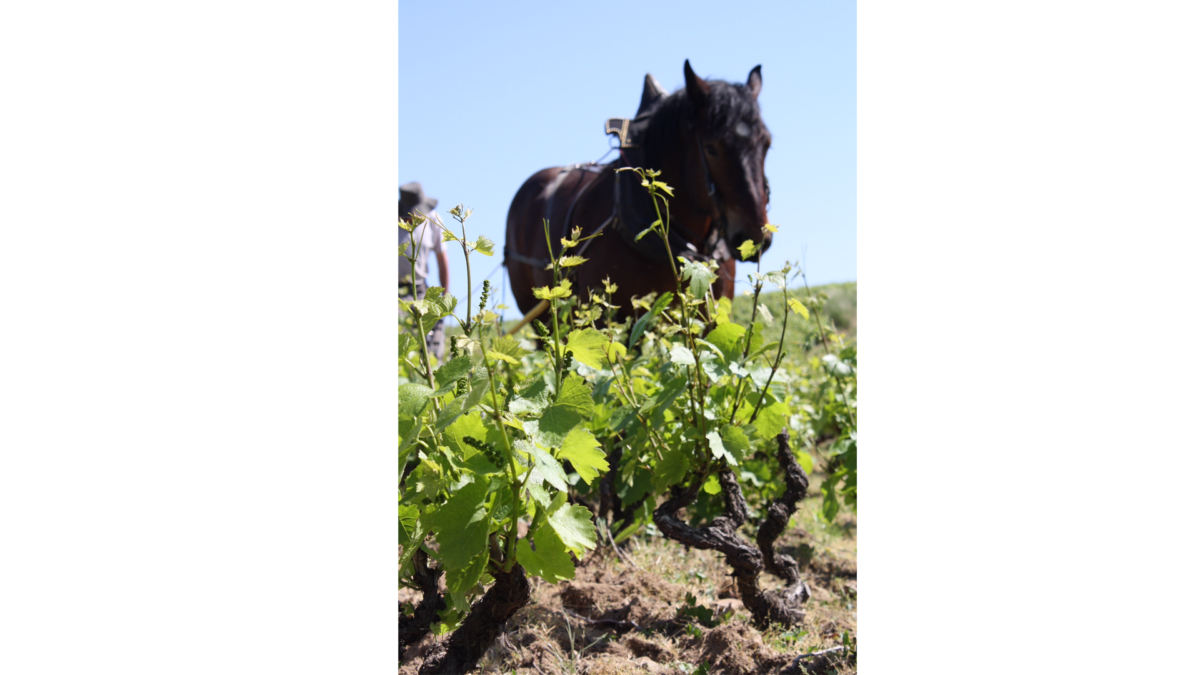
The winemaking process of organic wine is very similar to that of conventional wine. The main difference is that organic wines are made without the use of synthetic pesticides, herbicides, or fungicides.
This means that the grapes used for organic wines are grown without the use of harmful chemicals and pesticides, which can be detrimental to human health if consumed in excessive amounts.
Organic farming practices also differ from conventional methods.
Organic farming endeavours to maintain and improve the natural resources that are necessary for production, such as soil fertility and water retention.
Additionally, organic farmers avoid the use of synthetic fertilisers and pesticides, instead relying on natural sources such as compost or manure to improve nutrient content in the soil and promote healthy plant growth. Organic farmers also strive to protect the environment by using sustainable practices such as crop rotation, cover crops, and integrated pest management.
By choosing organic wines, you can support these efforts to reduce pollution and maintain natural resources while promoting your own health and well-being.
Is Organic Wine healthier than conventional wine?
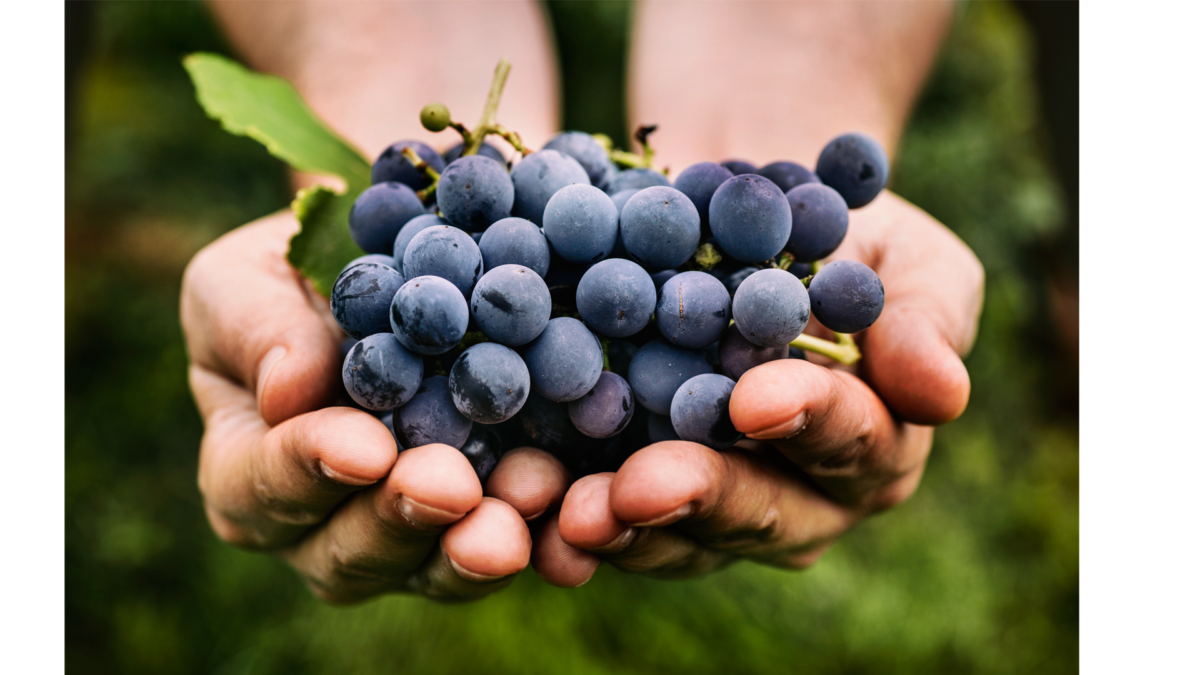
Organic wine is generally healthier than non-organic wine.
Organic wines are made with fewer chemicals and more natural methods than their non-organic counterparts.
These wines also tend to contain fewer sulphites, and more antioxidants and are often produced sustainably, meaning they are produced without damaging the environment.
By choosing organic wines, you can do your part to support sustainable agriculture practices and reduce the negative impact of wine production on the environment.
In conclusion, organic wines offer numerous benefits over conventional counterparts such as fewer chemicals, no sulphites, more antioxidants and a sustainable production process.
So why not give our organic wines a try today? You may just surprise yourself with how delicious they are!
Why Should I Drink Organic Wine?

There are numerous benefits to drinking organic wine.
These include fewer chemicals and more natural methods used in production, no sulphites, more antioxidants, and a sustainable production process.
Not only is organic wine better for your health, but it can also help protect the environment by supporting sustainable agriculture practices.
So why not give organic wines a try today? You may just surprise yourself with how delicious they are!
What Are the Benefits Of Drinking Organic Wine?
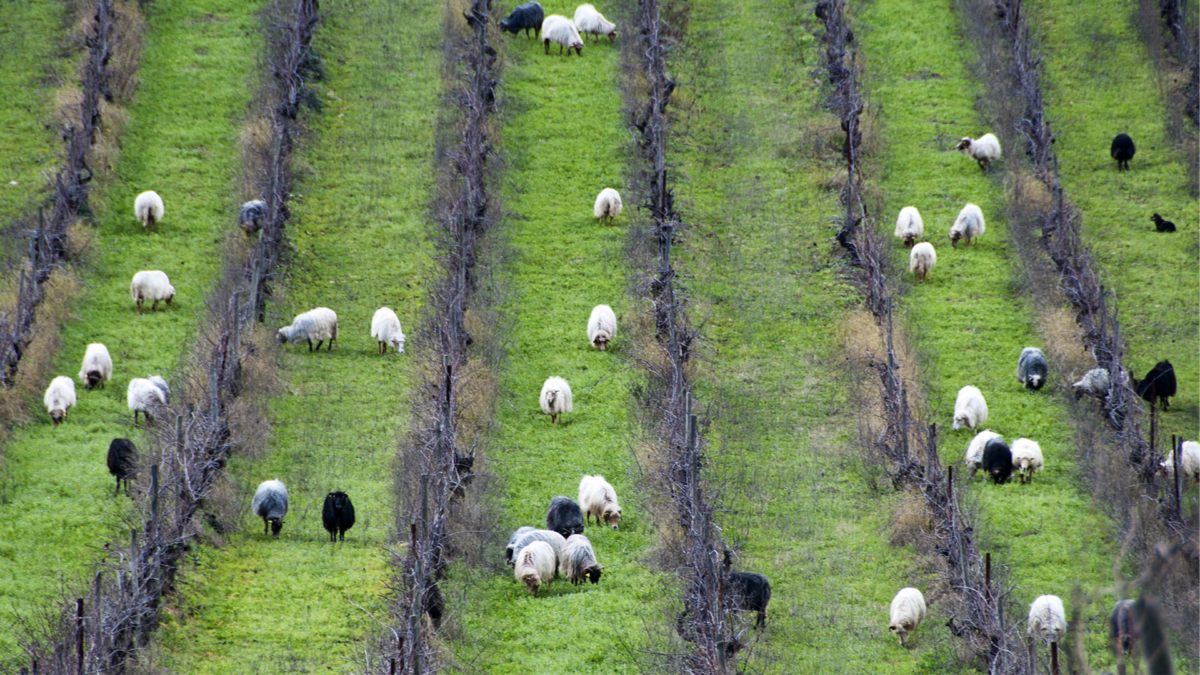
Organic wines offer numerous benefits over their conventional counterparts, including fewer chemicals, no sulphites, more antioxidants and a sustainable production process. Not only are organic wines better for your health, but they also help protect the environment.
As a result, choosing organic wine is a great way to do your part to support sustainable agriculture practices and reduce the negative impact of wine production on the environment.
In conclusion, organic wines are a great way to enjoy a delicious drink while also doing your part for the planet.
Does Organic wine have fewer sulphites?
Organic wines typically contain fewer sulphites than non-organic wines due to the use of more natural methods and fewer chemicals during production. Sulphites are a type of preservative used to lengthen the shelf life of wine. While sulphites are generally harmless, those who suffer from asthma and other respiratory problems may experience negative reactions due to their presence in the drink. By choosing organic wines, you can avoid this issue altogether. Are sulphites and histamines the same thing?
No, sulphites and histamines are not the same things. Sulphites are a type of preservative used to lengthen the shelf life of wine and other food items, while histamines are naturally occurring compounds found in many foods that can cause an allergic reaction in some people. While sulphite allergies are rare, those who suffer from them may experience adverse reactions to wines that contain sulphites. By choosing organic wines, you can avoid this issue altogether.
What are histamines in wine?
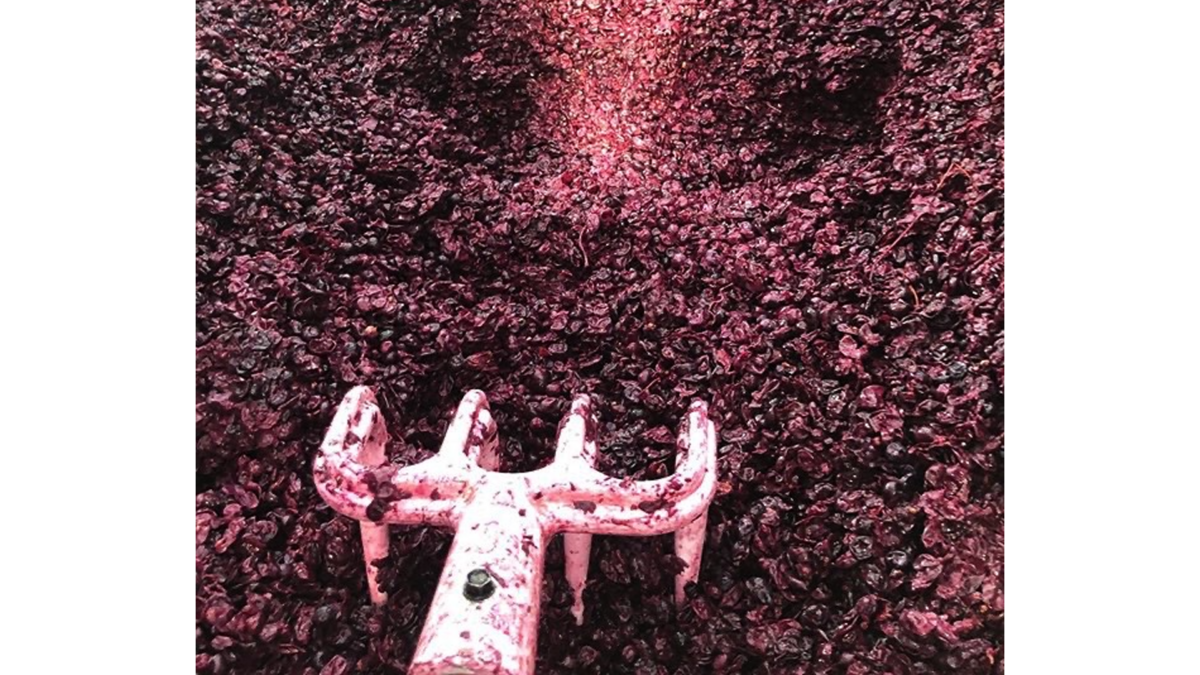
Histamines are naturally occurring compounds found in many foods, including wines. They are produced by the body as a response to certain allergens or environmental triggers, such as pollen or dust mites. In wine, histamines can come from the grapes themselves, or from other materials used during production such as yeast, enzymes, and additives. Symptoms of a histamine reaction may include itching, hives, headaches, and nasal congestion.
Those who suffer from allergies should avoid wines that contain high levels of histamines. Try drinking dry organic or Nature white wines like Sauvignon Blanc or sparkling wines as they are naturally lower in histamines than red wines
Thankfully, Organic wines typically contain fewer histamines than non-organic alternatives.
How is organic wine better for the planet?
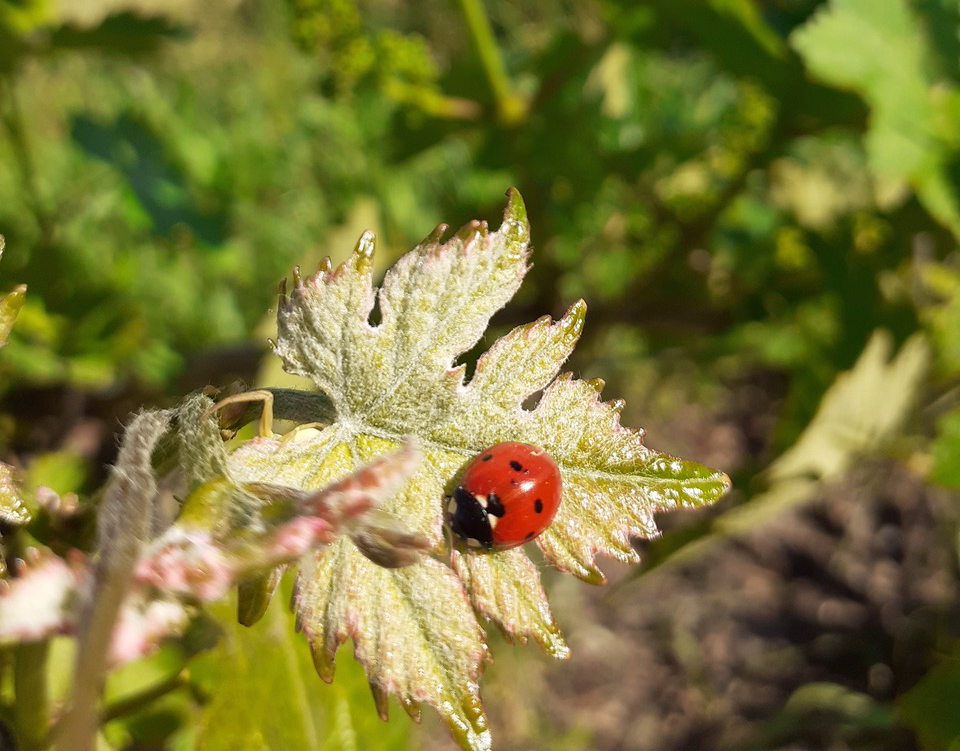
Organic wines are produced in a way that minimizes the use of damaging chemicals and pesticides and focuses on sustainable practices such as crop rotation, composting and integrated pest management. This reduces the amount of pollution created by wine production and helps protect natural resources. Additionally, organic wines often come with less packaging since they don’t need to be shipped and stored as long, which also reduces their environmental impact. So, by choosing organic wine, you can do your part to help protect the planet.
Organic wines can offer a great way to enjoy a delicious drink while also doing your part for the planet. So why not give them a try today?
You may just surprise yourself at how delicious and eco-friendly organic wines can be!
Biodynamic Wine vs. Nature Wine vs. Organic Wine
Biodynamic, Nature and Organic wines are all types of wines that prioritize sustainable agriculture practices and the use of natural ingredients and processes. All three share common goals such as reducing the impact on the environment and avoiding synthetic chemicals during production.
Here is a quick overview of each type:
• Biodynamic Wines are produced using principles outlined in biodynamic agriculture which includes a holistic approach to farming. This type of wine emphasizes natural cycles and uses special preparations such as composts and manure to nourish the soil.
• Natural Wine is made with minimal human intervention, typically using only organic grapes, yeasts, and sulphites. As fermentation happens spontaneously, no extra preservatives or additives are used.
• Organic Wines are made without synthetic fertilizers, pesticides, or herbicides, and use only natural ingredients in their production. Many of these wines also contain fewer sulphites than conventional varieties.
Ultimately, all three types of wine focus on sustainable practices and the preservation of the environment. By choosing any one of these options, you can enjoy a delicious drink without compromising your health or the planet.
So why not give them a try and see what Wine Affairs Ltd Organic, Biodynamic, or Nature wines have to offer?
Cheers!
